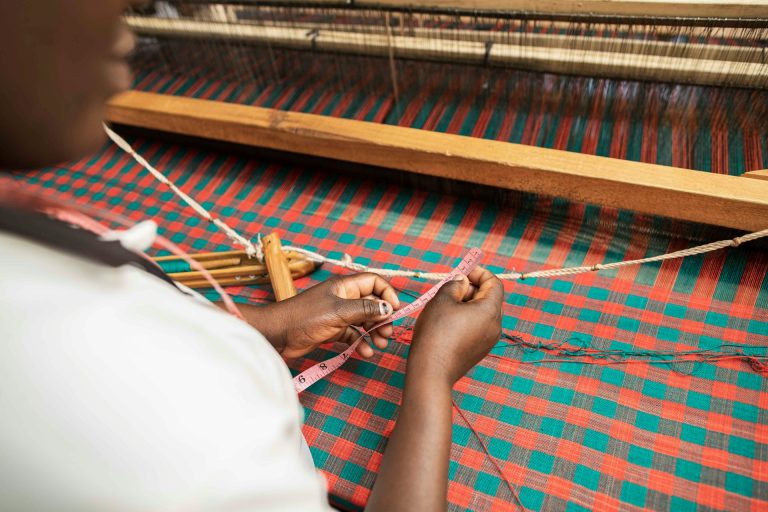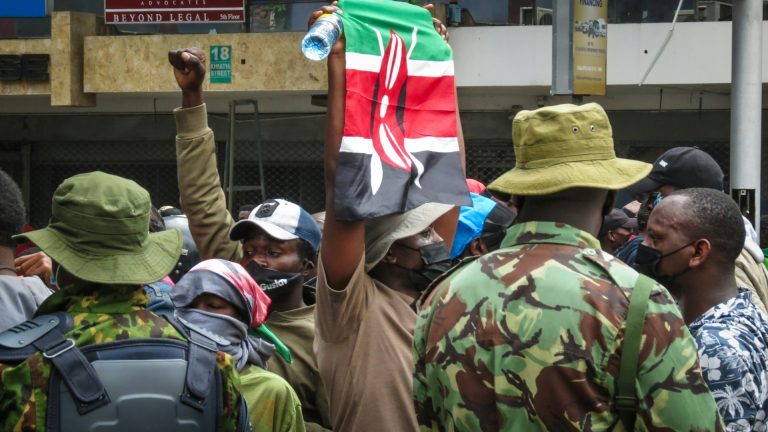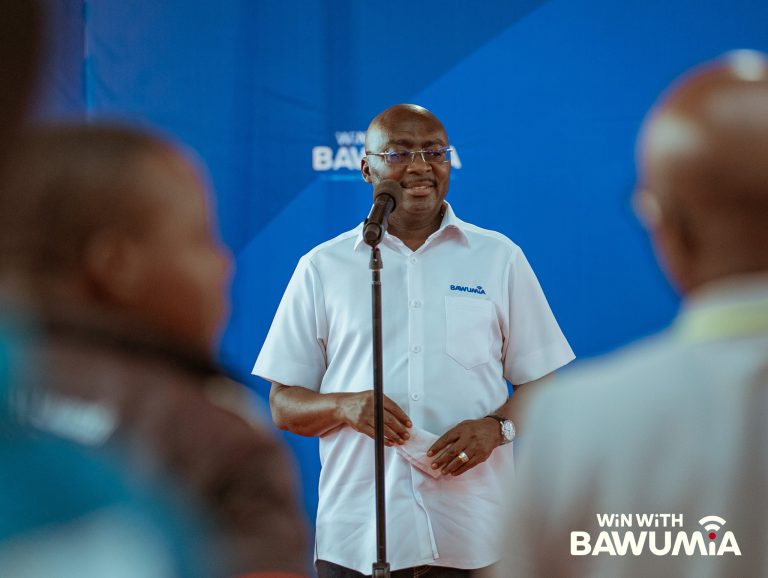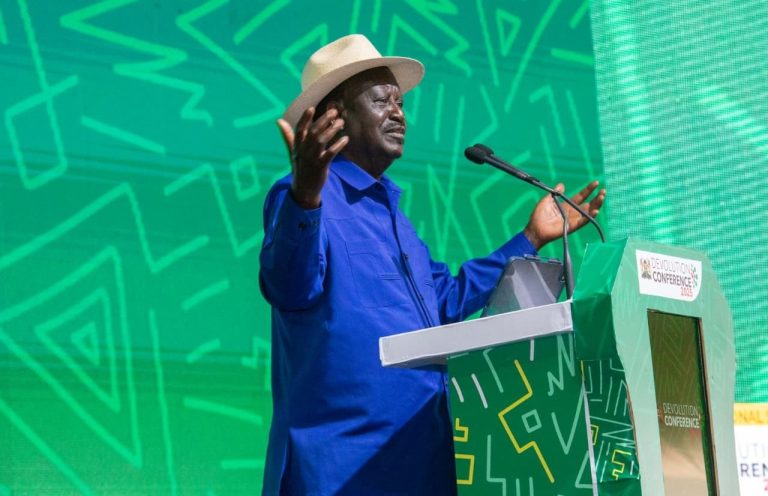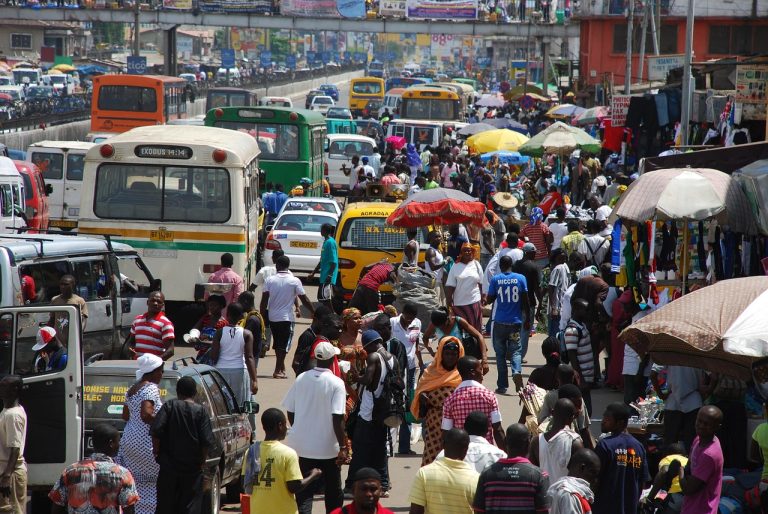Africa has launched its first-ever Pan-African payment card, in a bold bid to reclaim financial sovereignty and challenge global giants like Visa and MasterCard. But can it deliver on its promise to transform the continent’s economic future?
At a glittering event during the 32nd Afreximbank Annual Meetings in Abuja, the continent took a historic leap toward financial independence with the unveiling of PAPSSCARD, Africa’s first Pan-African card scheme.
For a region long tethered to foreign payment systems, the launch marks a bold attempt to take back control of its economic destiny.
Jointly developed by the African Export-Import Bank (Afreximbank), the Pan-African Payment and Settlement System (PAPSS), and Mercury Payment Services (MPS), PAPSSCARD is designed to process transactions entirely within Africa – cutting out the external routing mechanisms that have made inter-African commerce expensive, slow, and inefficient.
“For too long, Africa’s reliance on external payment systems has impeded trade, increased costs, and compromised control over our financial data,” said Professor Benedict Oramah, outgoing President and Chairman of the Board of Afreximbank. “PAPSSCARD changes that. It empowers us to move money swiftly, securely, and affordably across our borders.”
The cost of dependence
Currently, over 90% of intra-African card transactions are processed outside the continent, often routed through systems based in the U.S. or Europe. This has not only led to transaction fees sometimes reaching 3% to 5%, but also exposed African financial data to foreign control.
“This is about sovereignty, innovation, and building trust in African systems,” said Muzaffer Khokhar, Executive Chairman of Mercury. “The PAPSSCARD will become Africa’s most trusted payments brand, strengthening the backbone of the continent’s financial future.”
The card, backed by a network of central banks, commercial issuers, and regional switches such as Rwanda’s Rswitch and Nigeria’s Unified Payments, is expected to be accepted continent-wide. Issuing partners already include Bank of Kigali and I&M Bank Rwanda, making PAPSSCARD ready for both local and cross-border use.
A symbol of integration under AfCFTA
The timing of the launch is no accident. The African Continental Free Trade Area (AfCFTA), the largest free-trade zone in the world by number of countries, hinges on seamless trade. But up until now, only about 15% of Africa’s total trade occurs between African countries, a figure dwarfed by intra-European and intra-Asian trade, which hover around 60-70%.
“PAPSSCARD is more than just a payment tool—it is a powerful symbol of progress and a bold step towards financial independence,” said Mike Ogbalu III, CEO of PAPSS. “It reflects Africa’s ability to build solutions tailored to our way of life and business.”
The ability to make seamless cross-border payments is expected to unlock billions in trade flows previously lost to friction. Analysts project that full implementation of AfCFTA—bolstered by tools like PAPSSCARD—could increase intra-African trade by 52% by 2035, according to the World Bank.
Despite the enthusiasm, experts caution that PAPSSCARD’s success will depend on execution, interoperability, and trust among financial institutions.
“What Africa is trying to do with PAPSSCARD is revolutionary, but it requires relentless coordination,” said Emmanuel Benson Jnr, a Ghana-based regional integration expert. “The system must be secure, affordable, and easily integrated into existing banking infrastructure across the continent.”
He warned against bottlenecks such as fragmented regulation, lack of digital infrastructure, and nationalistic tendencies among central banks.
“Authorities must be vigilant about user experience, transaction speed, and fraud prevention. If PAPSSCARD becomes known for delays or errors, people will revert to old, foreign systems,” Benson Jnr said. “The political will is there, but now it must be backed by strong implementation and monitoring.”
He added that education and trust-building will be critical. “Merchants and consumers must be confident that the system works just as well as a Visa or MasterCard – and better, because it’s ours.”
An inclusive financial ecosystem
Beyond big business, PAPSSCARD is also being pitched as a tool for inclusion. With over 57% of Africa’s adult population still unbanked, mobile-friendly and low-fee payment solutions are essential.
“The PAPSSCARD will reduce costs for public institutions, support innovation across the financial sector, and expand access to secure, modern payment tools,” said John Bosco Sebabi, Acting CEO of PAPSSCARD. “This isn’t just about trade – it’s about economic participation.”
The ability to digitise payments without foreign intermediaries could spur greater participation from informal businesses, many of which are locked out of international payment platforms due to lack of documentation or access.
The PAPSSCARD launch follows the earlier rollout of PAPSS itself in 2022—a cross-border payment and settlement platform that allows African currencies to be exchanged in real time without needing to first convert to a foreign intermediary currency like the US dollar.
By December 2024, 12 African central banks had fully integrated into the PAPSS network, with more expected to follow in 2025. The addition of PAPSSCARD as a retail-facing instrument completes a key part of that infrastructure.
As Africa aims to reclaim its economic agency, PAPSSCARD offers a glimpse of what homegrown innovation can achieve. But it must also survive scrutiny from global competitors, market forces, and the demands of a continent that expects efficiency and affordability.
“This card must work everywhere from Accra to Algiers, from Lagos to Lilongwe. It’s not enough to have a symbol—we must have substance,” said Benson Jnr.
In a world increasingly defined by digital transactions and regional power blocs, Africa’s pursuit of financial sovereignty could make the continent not just self-reliant, but also an emerging magnet for global investment.
And as PAPSSCARD rolls out across borders, the question remains: Will this card carry not just payments, but the weight of Africa’s ambitions?




